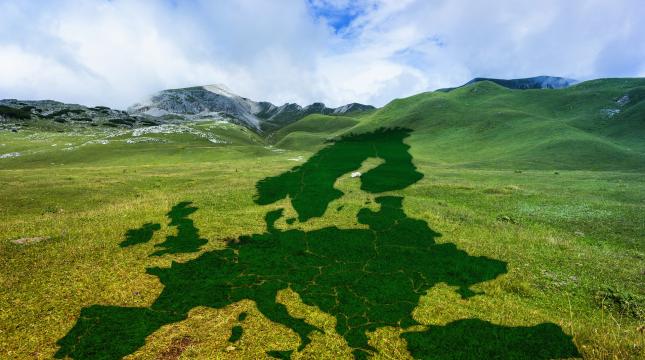GRETA— Green Transformation! A Policy tool for Regional Smart Specialisation in the Baltic Sea Area
Project information
Project description
Project is aiming to build on and transform experiences with methods to support growth with environmental targets in two areas of the EGD, energy and circular economy. GRETA is helping involved areas bringing stakeholders closer to each other for creating green growth and sustainable innovation systems. GRETA is based on the experiences and findings of the project LARS. (https://www.uwasa.fi/fi/tutkimus/hankkeet/lars-learning-among-regions-smart-specialisation)
The main objectives of GRETA are:
- to enhance the partners’ institutional capacity to use Smart Specialisation strategies in green transformation and green growth in the intervention areas (value chains, clusters) studied in the LARS project.
- to involve relevant stakeholders in decision making and co-creation of strategies. In addition to innovation system stakeholders involved in LARS, GRETA will involve relevant stakeholders (experts and institutions) for environmental issues.
- to develop tools for green transformation and green growth. Green transformation driven by Smart specialisation strategies requires quadruple helix involvement of civil society actors and bottom-up co-creation guided by UN Sustainable development goals
The phases of the project
Penta Helix Coordination
- 1. Defining the intervention areas of circular economy or/and green energy in the partner regions.
- 2. Defining the vision of green transformation (climate neutrality etc.) in the selected intervention areas based on expert interviews.
- 3. Analysis of potential stakeholders relevant for green transform in partner regions, selecting penta-helix stakeholders for interviews. => Method established and stakeholders identified
- 4. Interviews of relevant environmental experts regarding the gaps between current situation and vision after green transformation => Regional gaps on green transformation
- 5. Comparative analysis concluding on the perceived challenges => Comparative Baltic Sea Region report
Policy briefs on smart specialisation strategies on Green Deal
- 6. DPSIR-analysis on the regional on the consequences => DPSIR model on gaps
- 7.Round table discussions on the perceived challenges or environmental drivers => Guidance
- 8.Preparation of policy briefs based on analyses => Policy brief
Regional Council of Ostrobothnia is the coordinator of GRETA project, University of Vaasa is the leader of working package Penta helix Coordination.
Coordinator: Jerker Johnson, Regional Council of Ostrobothnia
Researchers at the University of Vaasa: Antti Mäenpää, Seija Virkkala, Åge Mariussen, Juuso Jääskeläinen
Contact persons: Antti Mäenpää, Seija Virkkala

